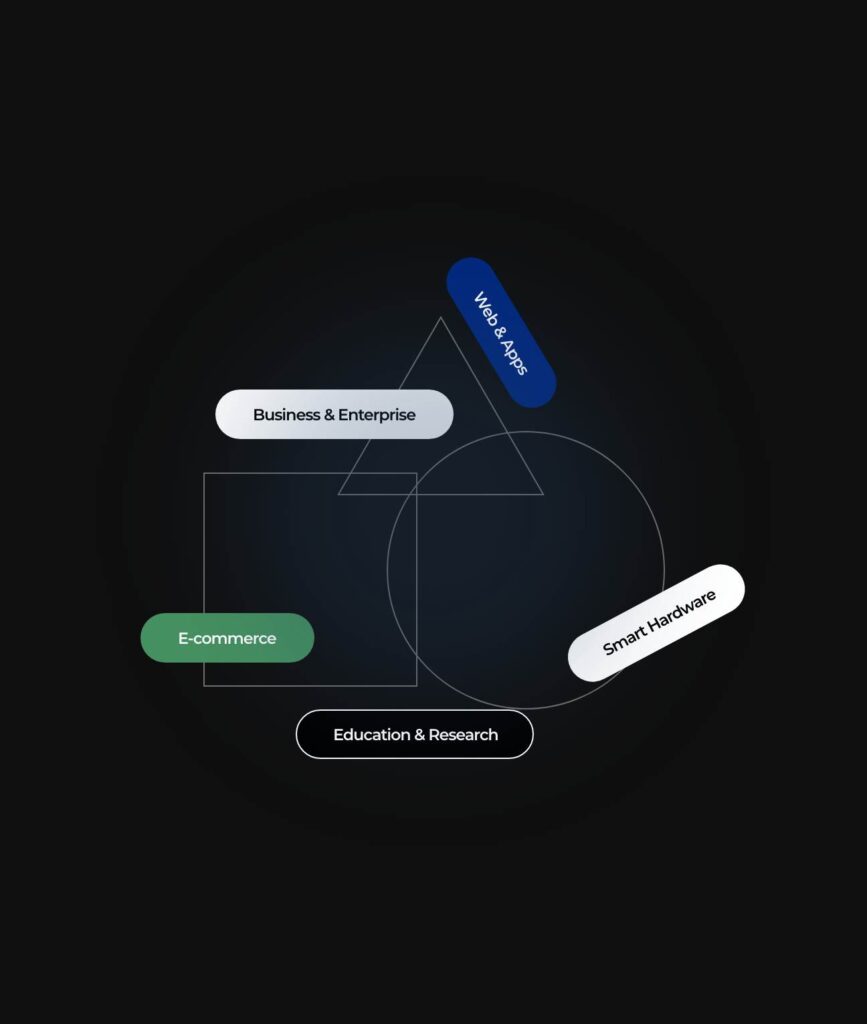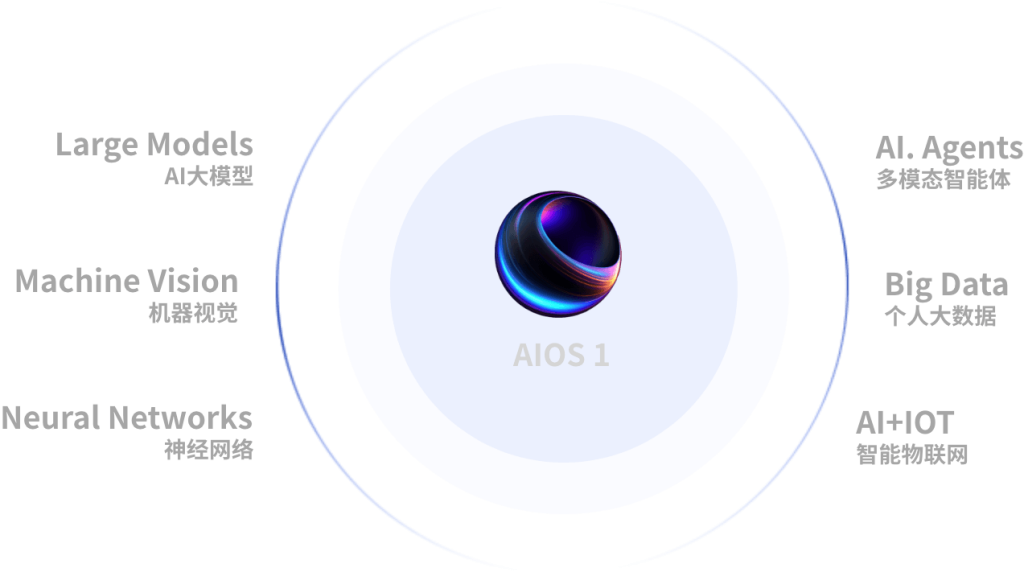As we transition into 2024, the field of Artificial Intelligence (AI) continues to evolve at a breakneck pace, heralding a wave of innovations that promise to reshape various industries. This article delves into the latest advancements, including the release of Google’s Gemini 1.5 Pro, new AI tools and APIs, emerging technologies tailored for specific use cases, and groundbreaking products designed for enterprises, cybersecurity, and creative industries.
**1. The Introduction of Google Gemini 1.5 Pro**
Google has recently unveiled its latest AI large model, Gemini 1.5 Pro, which extends its capabilities significantly beyond its predecessor. One of the standout features of Gemini 1.5 Pro is its enhanced multimodal functionalities, allowing it to process and respond to both text and visual inputs seamlessly. This advancement marks a significant leap in understanding user queries, making it highly effective for various applications ranging from customer support to creative content generation.
Further improving usability, Gemini 1.5 Pro boasts an extended context window of up to 32,000 tokens. This allows it to perform better on complex tasks that require analysis of lengthy documents or extended conversations, enabling better context retention and more coherent responses. According to sources, this capability is expected to benefit multiple sectors, including legal, healthcare, and education, where handling extensive information is crucial (TechCrunch, 2024).
**2. AI Tools and APIs for Enhanced Industry Applications**
In addition to new models, a plethora of advanced tools and APIs have emerged, integrating cutting-edge AI capabilities into various industries. Companies are increasingly leveraging AI to automate tasks, optimize processes, and enhance decision-making. For example, OpenAI’s ChatGPT API has been updated to support more robust AI chat interactions, providing businesses with tools to develop chatbots that can understand context better and engage users in more meaningful conversations.
Moreover, platforms like Microsoft’s Azure AI and Google Cloud AI are introducing easy-to-adopt APIs that allow organizations to implement AI in a fraction of the time and cost than ever before. These advancements facilitate automatic light adjustment features in smart devices, leading to energy savings and improved user experience in smart homes and offices (Forbes, 2024). Additionally, specialized AI tools for fields such as finance and agriculture are helping professionals make data-driven decisions with unprecedented ease.
**3. Emerging Technologies Targeting Specialized Use Cases**
The demand for more reliable and debiased AI models has paved the way for the development of emerging technologies designed to tackle specific challenges in the AI landscape. One significant breakthrough in 2024 is the focus on Explainable AI (XAI), which aims to make AI decision-making processes more transparent and understandable. Companies like IBM are leading this charge, offering advanced XAI frameworks that allow organizations to trace how models produce their predictions, addressing concerns around bias and accountability (Harvard Business Review, 2024).
Furthermore, significant strides in natural language processing (NLP) have yielded models specifically designed to combat bias in training datasets. These debiased large language models (LLMs) improve internship outcomes, hiring processes, and even mental health diagnosis, providing fairer results and enhancing trust among users. Such models are becoming essential in sectors like hiring technology and public policy, where fairness and transparency are paramount.
**4. Innovative AI Products for Diverse Industries**
As AI technologies advance, innovative products tailored for enterprise, cybersecurity, and creative industries are making waves. In 2024, we saw the launch of comprehensive AI solutions that blend different functionalities to address complex industry needs. For instance, companies like SentinelOne have integrated AI into cybersecurity measures, enabling real-time threat detection and automatic responses based on evolving attack patterns. This level of sophistication ensures organizations can preemptively manage security risks before they escalate, minimizing potential damage and data loss (Wired, 2024).
Similarly, in the creative sector, platforms like Adobe Firefly have integrated AI capabilities that enable designers to generate personalized artwork and layouts through natural language prompts. These innovations not only allow for faster design processes but also democratize access to creative tools, empowering individuals without coding or design skills to produce high-quality content for marketing, social media, and other needs.
**5. Impacts of AI on Healthcare, Business Automation, and Education**
The implications of these advancements extend across critical sectors such as healthcare, business automation, and education. In healthcare, AI is increasingly applied to enhance diagnostic capabilities, leading to better patient outcomes. For instance, AI-powered imaging systems can analyze radiology scans faster and with higher accuracy than traditional methods, helping doctors more efficiently diagnose conditions like cancer and cardiovascular diseases (Health IT News, 2024).
In terms of business automation, the rise of AI-driven RPA (robotic process automation) tools is transforming how organizations streamline operations. By automating repetitive tasks, companies can reallocate human resources to focus on higher-value activities, driving growth and innovation. Additionally, AI chatbots are set to further enhance customer service experiences, providing round-the-clock support while freeing up human agents for complex queries.
Meanwhile, in education, AI continues to personalize learning experiences, providing educators with real-time data on student performance and engagement. Tools such as AI-assisted tutoring systems are becoming commonplace, enabling tailored instructional methods that cater to individual learning paces and styles. As a result, students receive more targeted support, which can lead to improved academic outcomes.
**Conclusion**
In 2024, the landscape of artificial intelligence is characterized by groundbreaking advancements that promise to reshape numerous aspects of society and industry. With the release of AI large models like Google Gemini 1.5 Pro, and the continual integration of sophisticated AI tools and APIs into varied sectors, businesses and individuals alike can harness the immense potential of AI for enhanced decision-making, efficiency, and creativity.
As the technology progresses, the establishment of Explainable AI and debiased large language models underscores the importance of accountability and transparency in AI applications. By addressing these challenges head-on, the AI community is paving the way for trustworthy AI solutions that can positively impact healthcare, business automation, education, and beyond.
**Sources:**
– TechCrunch (2024). “Google Unveils Gemini 1.5 Pro with Advanced Multimodal Capabilities.”
– Forbes (2024). “Integrating Advanced AI: The Future of APIs and Tools in Business.”
– Harvard Business Review (2024). “Understanding Explainable AI: The Key to Trustworthy AI Solutions.”
– Wired (2024). “Cybersecurity in 2024: How AI is Transforming Threat Detection.”
– Health IT News (2024). “AI in Healthcare: Revolutionizing Diagnostics for Better Patient Care.”





























